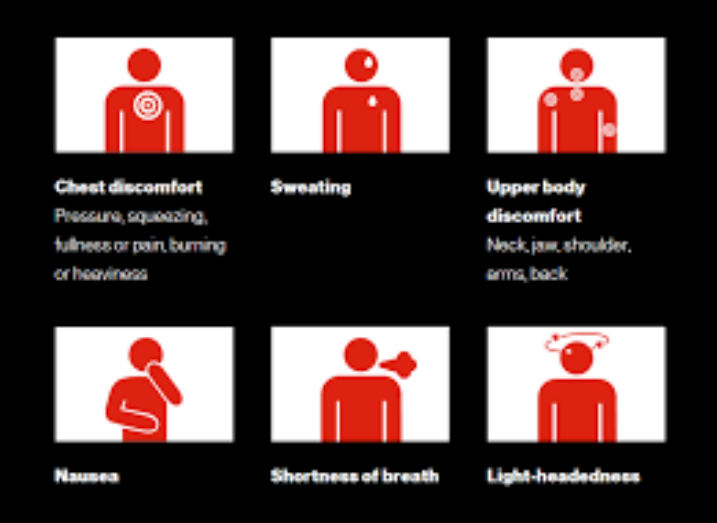Chest pain may indicate an underlying condition like coronary artery disease, pericarditis, and myocarditis. Cardiologists can perform an ultrasound, echocardiogram, or electrocardiogram tests for heart-related chest pain. Here is how to determine if your chest pain is heart-related:
Breath Shortness
A cardiologist can diagnose a heart-related issue if dyspnea occurs alongside chest pain. Patients could have a tight feeling in the chest and work harder to breathe. Having a cold or engaging in intense exercise makes you feel breathless, while shortness of breath is classified as sighing dyspnea and paroxysmal nocturnal dyspnea. Patients with nocturnal dyspnea struggle to breathe a few hours after falling asleep. Sighing dyspnea involves sighing a lot after taking deep breaths.
Variable Pain Intensity
Patients with chest pain might also experience an occasional dull ache or stabbing pain. Varying pain intensity reflects fluctuating blood flow to the heart. Coronary heart diseases like angina cause inconsistent chest pain that intensifies with physical activity. Variable pain intensity results from the inconsistent supply of oxygenated blood to the heart muscles. You may experience intense discomfort that spreads to the shoulders, back, and arms.
Fluttering Heartbeat
Heart palpitations signify an arrhythmia that might accompany heart-related chest pain. Patients with arrhythmias experience either rapid, too slow, or irregular heartbeat with pounding sensations. An irregular heartbeat reduces the heart’s efficiency in pumping blood. Atrial fibrillation and atrial flutter can cause dizziness, chest discomfort, and pain.
Swollen Legs and Feet
Congestive heart failure can cause your feet and legs to swell. This condition has divisions that include left-sided, right-sided, and high-output heart failure. The heart’s blood pumping efficiency reduces, and blood backs up and accumulates in the leg tissues. Fluid buildup causes swelling in the legs, a condition known as peripheral edema. A heart failure condition causes the kidneys to retain water and sodium, and the fluid accumulates in the feet, resulting in puffy skin.
Excessive Sweating
Chest pain accompanied by excessive sweating can signify a heart attack. This triggers the body to cool itself down by producing large quantities of sweat.
Nausea
The occurrence of nausea during chest pain could indicate a gastrointestinal or heart condition. During a heart attack, the body experiences reduced blood flow to the heart. This results in an autonomic nervous system response, including nausea, vomiting, and indigestion.
Fatigue
Chest pain symptoms can sometimes combine with fatigue. When the heart fails to pump blood effectively, less blood flows to the lungs, which impacts performance during normal activities like walking and climbing stairs. Exhaustion may signify heart problems when you feel more tired than usual.
Cough
Persistent coughing and pink or white mucus production might also signify heart failure. The mucus is colored from blood leaking from the heart into the lungs, irritating them and causing you to cough.
Learn More About Cardiologists
A cardiologist provides comprehensive care for cardiovascular conditions that cause chest pain. Some treatment options might include minimally invasive procedures and medications. Contact a reputable cardiologist to learn more about their services for heart-related chest pain. See More
